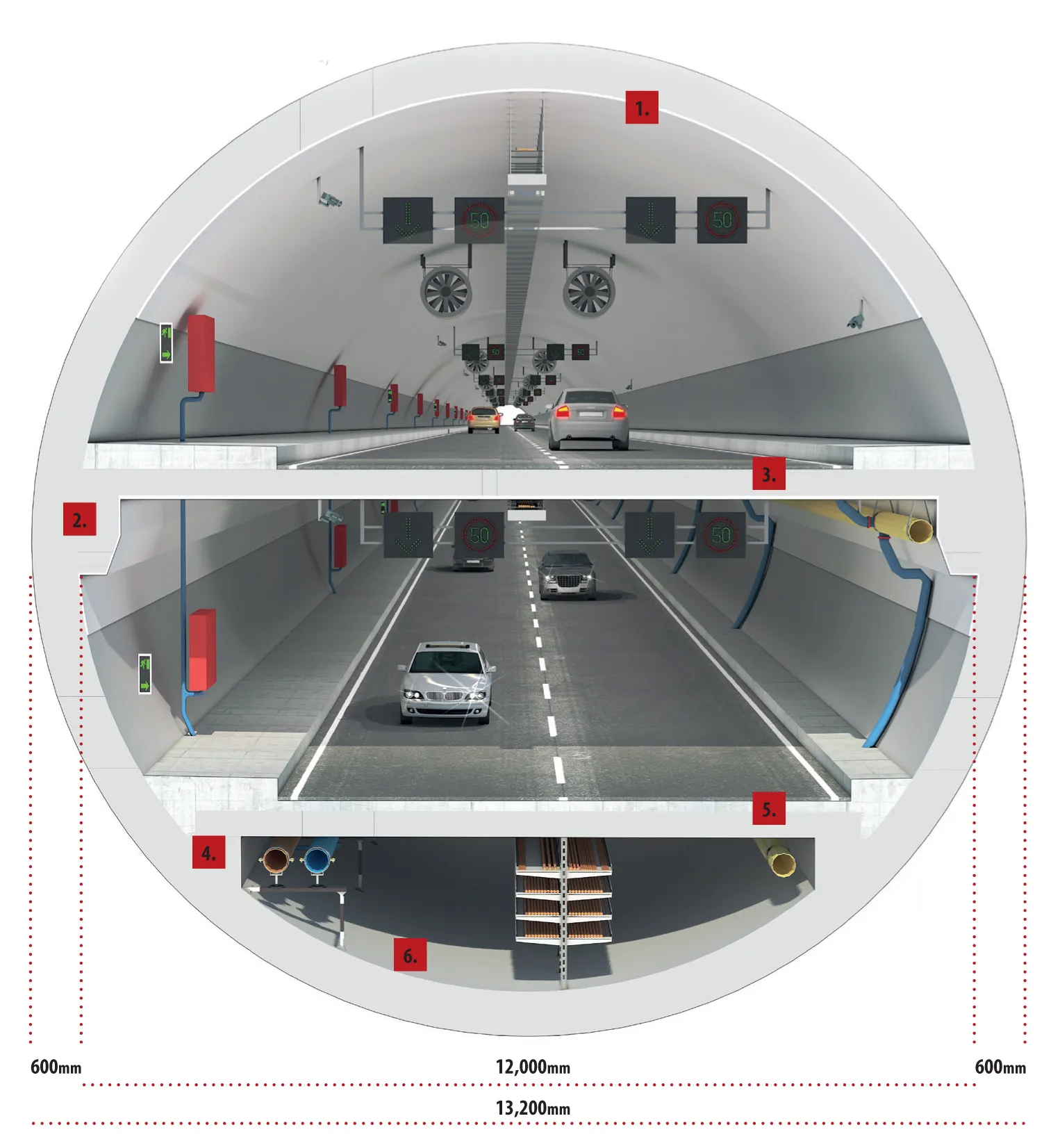Three British men have set a world record for the longest taxi journey ever, raising around €25,000 for charity in the process. The three recently returned to the UK capital following a journey of around 69,000km in their 20 year old London black cab, which they nicknamed Hannah. Had the men paid a taxi fare for the trip, it would have cost around €100,000. During the 15 month journey, the men drove across four continents and passed through 50 countries. They also set a record for the world’s highest taxi j
June 26, 2012
Read time: 2 mins
Three British men have set a world record for the longest taxi journey ever, raising around €25,000 for charity in the process. The three recently returned to the UK capital following a journey of around 69,000km in their 20 year old London black cab, which they nicknamed Hannah. Had the men paid a taxi fare for the trip, it would have cost around €100,000. During the 15 month journey, the men drove across four continents and passed through 50 countries. They also set a record for the world’s highest taxi journey, having driven the vehicle to the base camp area of Mount Everest. The trip was not without its difficulties however as the men were arrested in Moscow and were also detained by the Iranian Secret police. The latter were suspicious that the trio might be on a spying mission and one of the men was later deported from Iran on these grounds. But quite why the Iranians thought that spies travelling incognito would choose such a highly distinctive vehicle is not immediately apparent. A brush with the authorities in Moldova however was solved more amicably. Although the men were initially stuck at the border of the country because they had the wrong visas, they were allowed to enter Moldova as the mother of one of the trio knows the nation’s president.







